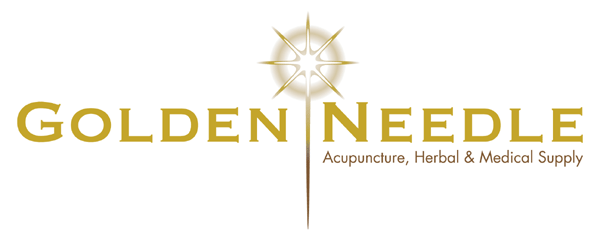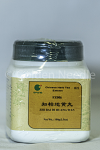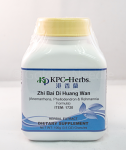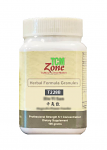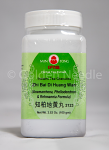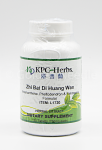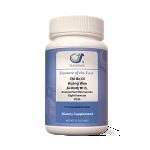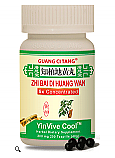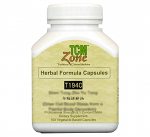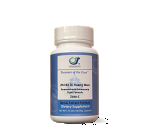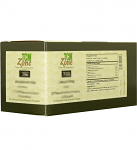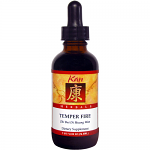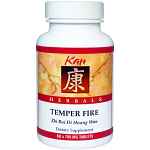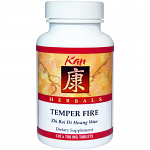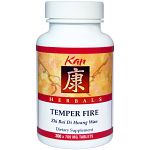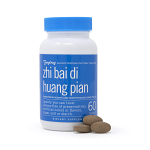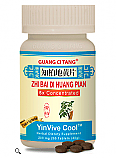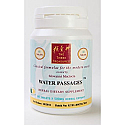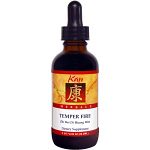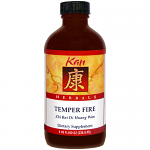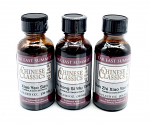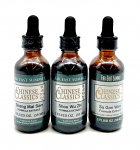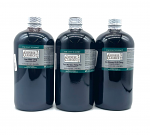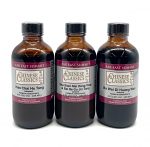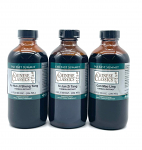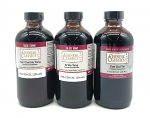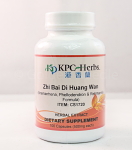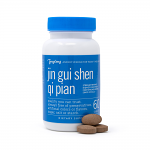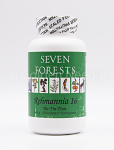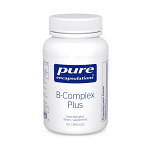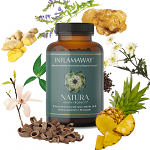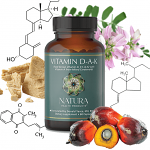- Home
- Chinese Herbs
- Chinese Herbal Formulas
- Zhi Bai Di Huang Wan
Zhi Bai Di Huang Wan
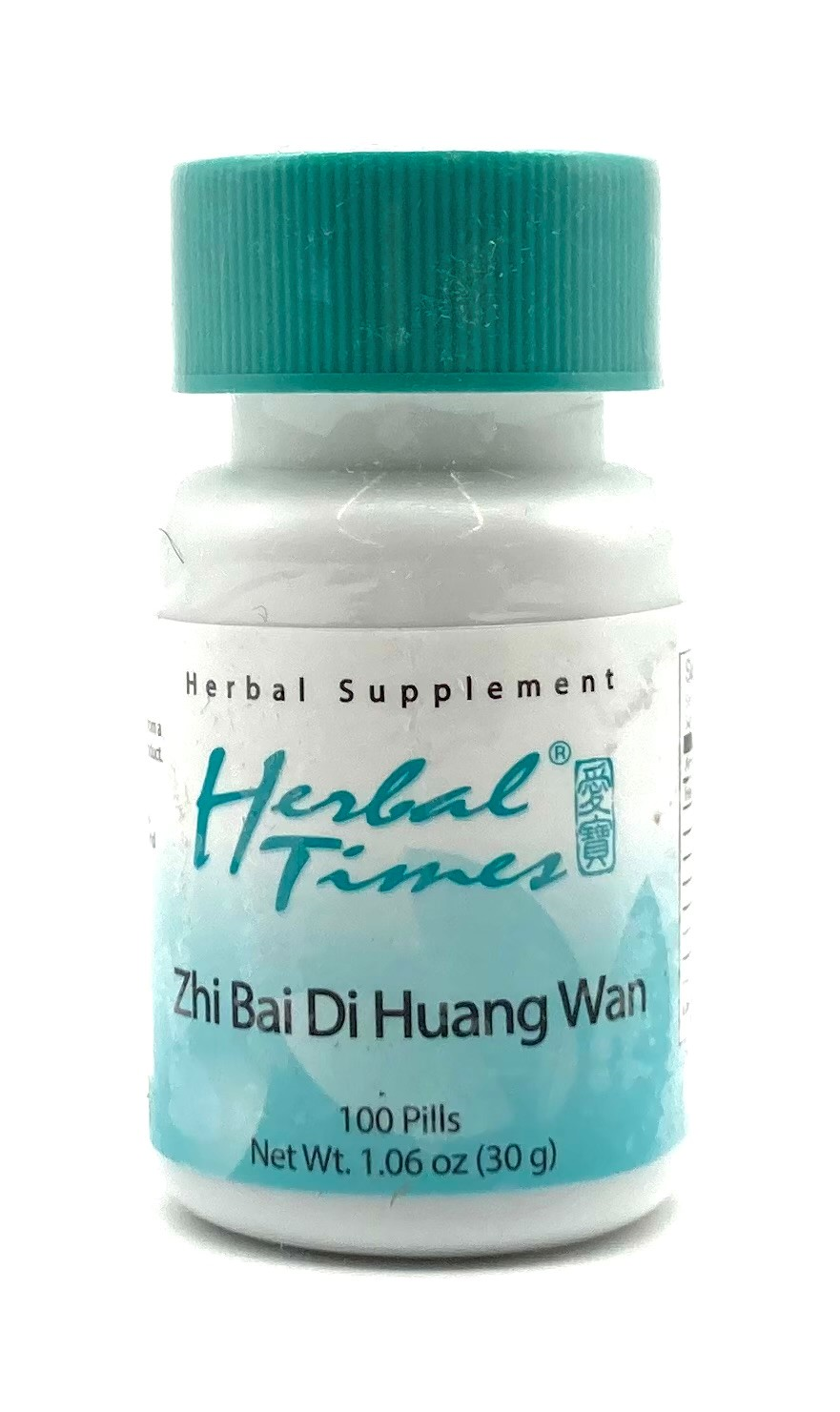
Zhi Bai Di Huang Wan
| SKU | HT195 | |
| Brand | Herbal Times Teapills | |
| Unit Size | 100 | |
| Dosage | 4 pills, 3 times daily. | |
| Potency | 3:1 / 300mg | |
| Contraindications | Rehmannia Shu Di Huang, a relatively greasy herb, can aggravate phlegm and food stasis, causing bloating, nausea, or loose stools. Discontinue use during colds and flu. | |
| Chinese Symptomology | Hectic fever and night sweats, lower back and sore knees, sore throat, insomnia, chronic swelling of the gums, ringing in the ears, and nocturnal seminal emission. | |
| Western Symptomology | Chronic disease, hypertension, and chronic nephritis. | |
| Actions | Nourishes yin to decrease pathogenic fire. | |
| Pattern | Hyperactivity of fire caused by yin deficiency. | |
| Branch | Kidney | |
| Chinese name | 知柏地黄汤 | |
| English name | Anemarrhena, Phellodendron, Rehmannia Pill | |
| Description | This formula, a variation of Liu Wei Di Huang Wan, has been modified to address deficiency Yin fire flourishing upwards, especially with menopausal disorder, deficiency fever, or involuntary night ejaculation. It is common for chronic Kidney Yin deficiency to turn to heat or fire and, due to its effectiveness, this formula is commonly used. If extreme sweating is involved, combine with Da Bu Yin Wan. (Fratkin, Chinese Herbal Patent Medicines) |
|
| Ingredients | Di Huang -shu (Rehmannia Root (Prepared)): 28%; Shan Zhu Yu (Asiatic Dogwood Fruit): 14%; Huai Shan / Shan Yao (Chinese Yam): 14%; Ze Xie (Asian Water Plantain Rhizome): 10%; Mu Dan Pi (Tree Peony Root Bark): 10%; Fu Ling (Poria; Hoelen; Tuckahoe): 10%; Huang Bai (Phellodendron Bark): 7%; Zhi Mu (Anemarrhena): 7% Other Ingreidnets: Talcum, Activated Carbon, Beeswax |
|
